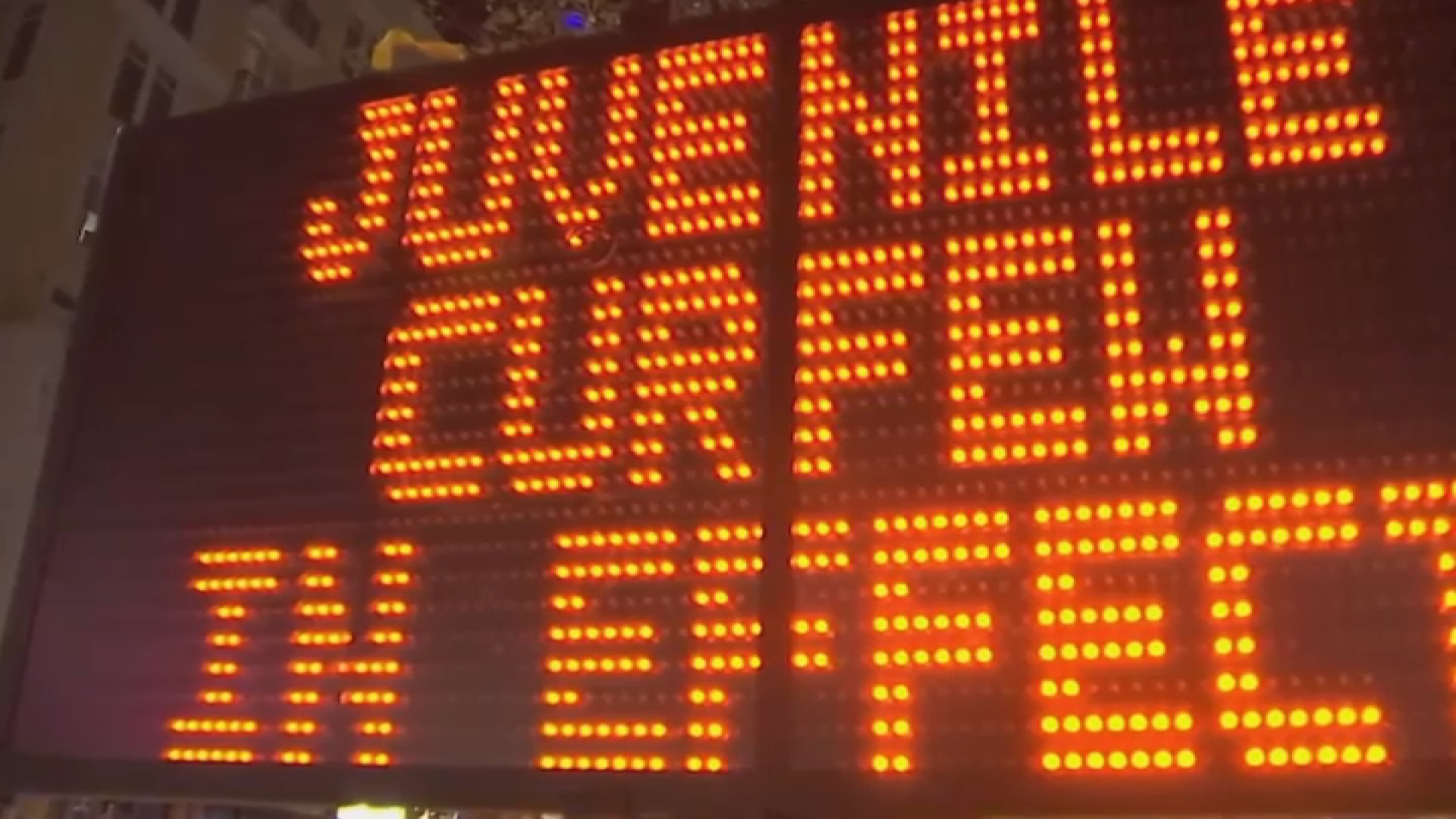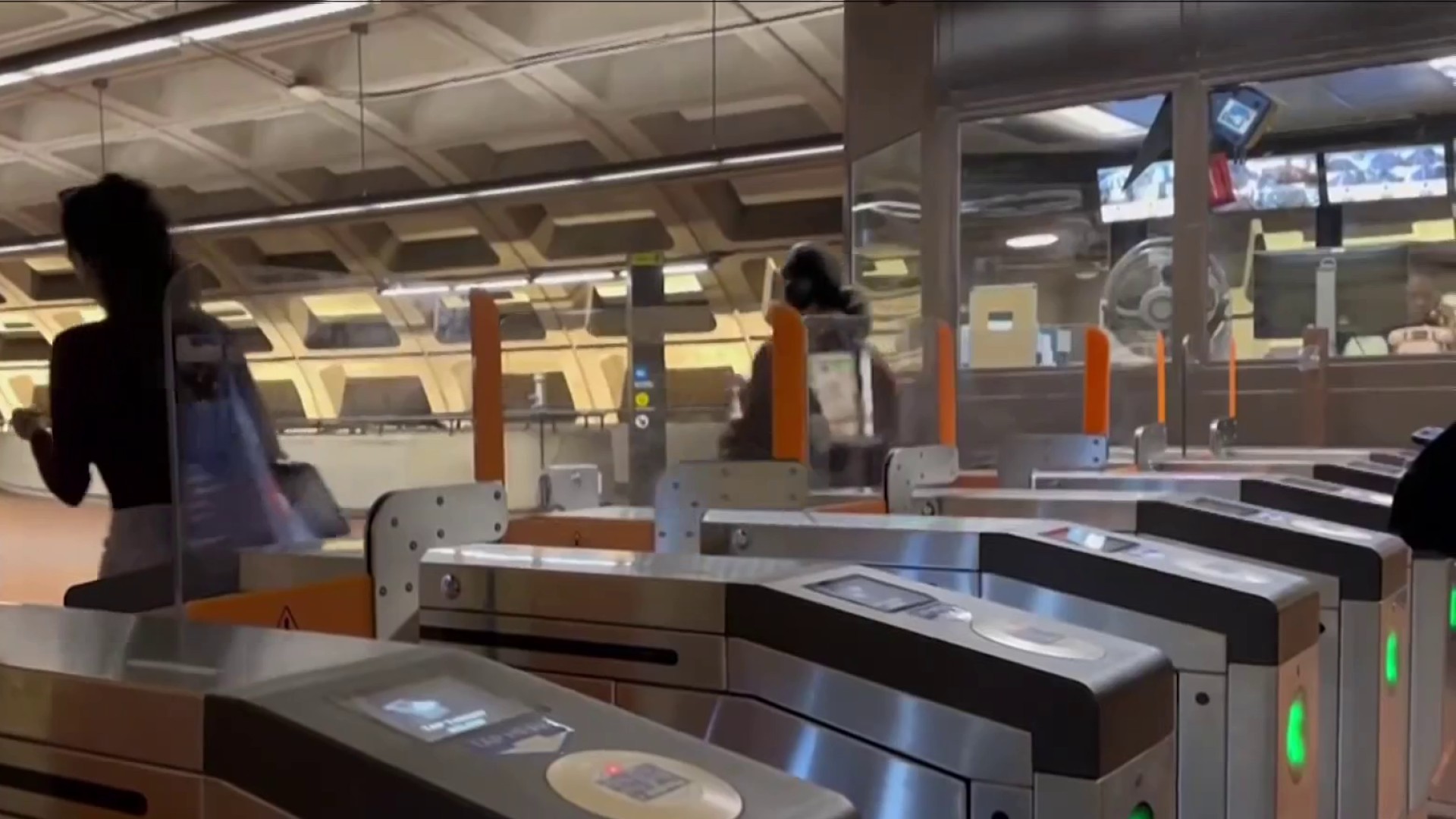New data shows a dramatic decline in D.C. Public Schools' students learning since the pandemic and virtual learning began.
Students in third through eighth grades, as well as high school students, took assessments in the spring for the first time in two years. The Office of the State Superintendent of Education (OSSE) on Friday released the results, which show declines in math and reading across the board.
"We saw declines across all eight wards, and we saw more declines in the elementary school grades than we did in the higher grades," D.C. Public Schools Superintendent Dr. Christina Grant said.
Grant said math scores dropped significantly from 31% of students testing at grade level in 2019 to 19% testing at grade level in 2022.
We're making it easier for you to find stories that matter with our new newsletter — The 4Front. Sign up here and get news that is important for you to your inbox.
Reading scores were slightly better with 31% of students testing at grade level this year. In 2019, 37% of students tested at grade level.
"We started thinking about learning loss in the weeks that - following when we had to send kids and teachers home, and we have had a couple of budgets to make investments to have programs already on the ground that have been on the ground for many months, if not up to one year," D.C. Mayor Muriel Bowser said.
Lower grade levels, at-risk students and students of color demonstrated the biggest decline in learning.
Local
Washington, D.C., Maryland and Virginia local news, events and information
In Math, 70% of white students tested at grade level, however, that percentage plummets to 17% among Hispanc students and 9% for African American students.
For reading, 20% of African American students tested at their respective grade levels, while 31% of Hispanic students and 79% of white students tested at grade level.
D.C. officials said they have spent hundreds of millions of dollars in federal and local funds to try to reverse the decline caused by the pandemic and virtual learning.
"This includes making sure that we're expanding learning time within schools, but also offering learning acceleration in non-traditional settings," said Paul Kihn, D.C.'s deputy mayor of education. "We’ve invested over 40 million dollars in high-impact tutoring that is available to students in school, after school."
Schools are posting their test results online and officials say parents will receive their children's individual results.



